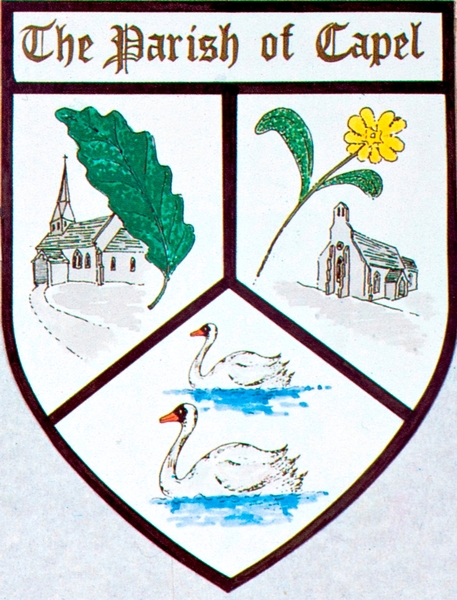For local father, scout leader and IT consultant Simon Clarke, purchasing a 3D-printer back in January seemed a simple means of pursuing a personal hobby. However, three months and a coronavirus pandemic later, Clarke’s hobby had rapidly transformed into an enterprise: 3D-printed visor production and distribution to Surrey and surrounding counties.
Across the UK, hospitals and businesses have been suffering from nation-wide personal protective equipment shortages since the beginning of the pandemic. Clarke recognised this demand for protective visors was not being met by regular producers, and decided to try his hand at making some for his local community.
“Lots of people were making these visors, it looked like people were going to need them. I started making some and the next thing I knew was, “can you get me 100”, or “I need 150 straight away”. So I bought another printer, and two printers turned into 14 printers which turned into 22!”, he said.
Using a simple design of an acrylic sheet and plastic head-band, Clarke’s visors take about an hour to print, after which the machines are checked and reset to start again. To maximise production, the process is continued day and night, with Clarke, his wife and three children helping to manage the machines.
You would not guess from his warm, friendly demeanour that Clarke had been up all night printing. On the contrary, it was hard not to feel buoyed by his enthusiasm as he quoted the statistics of their success:
“We’ve made about 30,000 now out of our dining room. In total, coming onto maybe 50,000 out into the three counties”, he said.
Clarke’s visors have been targeted towards communities in need including care homes, schools, hospitals and local businesses. Though at first he was limited to deliveries in Surrey, Clarke developed connections in surrounding regions. Fellow producers who could not meet their local demand were soon receiving boxes of Clarke’s visors to distribute throughout Kent and Sussex.
When asked how the visors were kept clean, Clarke described the rigorous program that had been put in place. Visors are washed, dried and boxed by distributors, and boxes are left unopened for three days. That way, any possible contaminants involved in their packaging have been removed by the time they reach users.
Aware that small businesses have been struggling in his community, Clarke decided to take his generosity one step further when deciding how to price his visors.
“They are all free!”, he said with a wide smile. “If we have a business looking to buy some we ask them to make a donation to our Crowdfunder, and then we won’t set a price, we will leave it up to them.”
The Crowdfunder account, set up at the beginning of the visor-making project, has received private and business donations of around £20,000. Clarke uses this money to pay for materials, distributors and couriers in each region.
As we parted ways, Clarke insisted on handing over a visor as a souvenir. He then proceeded to donate a box to a local resident, who had described the difficulties her village shops have faced with maintaining adequate biosecurity.
It was a heart-warming display of Clarke’s service at work where it mattered most. From an individual to a regional scale, Clarke’s escalating service to South-East England is a testament to the power of generosity, hard-work, and a touch of Scout’s Honour.
